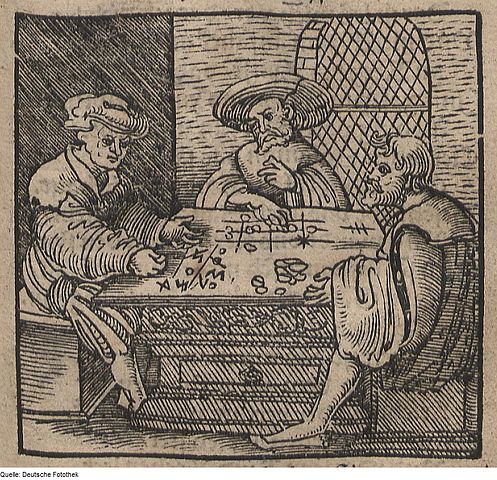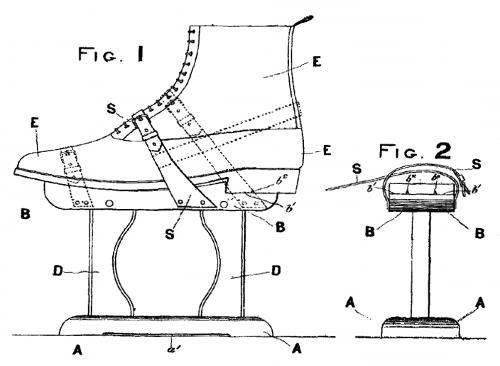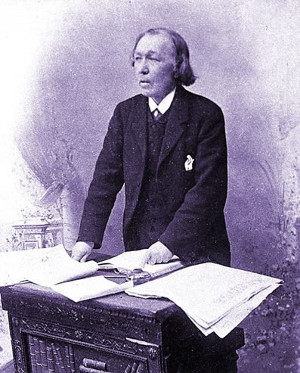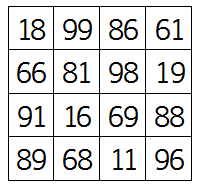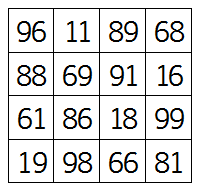A time-travel paradox from Robin Le Poidevin’s Travels in Four Dimensions, 2003:
Tim is spending the summer holiday at his grandfather’s house in rural Sussex. Bored one day, he wanders into his grandfather’s library. On one of the more remote shelves, Tim discovers a dusty book with no title on its spine. Opening it, he sees it is a diary, written in a familiar hand. With a growing sense of wonder he realizes that one of the entries provides detailed instructions on how to build a time machine. Over the next few years, following the instructions to the last detail, Tim builds such a machine. It is finally completed, and he steps on board, and throws the switch. Instantly, he is transported back fifty years. Unfortunately, both the machine and book are destroyed in the process. Tim writes down everything he can remember in a diary. He cannot rebuild the machine, however, because it requires technology that is not yet available. Reconciled to getting back to the twenty-first century by the traditional method of doing nothing and letting time carry one back, he marries and has a daughter. The family move to a rambling mansion in rural Sussex. The diary is left to gather dust in the library. Years later, Tim’s grandson, spending his summer holidays with his grandfather, discovers the diary.
“The identity of Tim will be obvious,” writes Le Poidevin, “and this in itself is rather strange. But the question we are concerned with is this: where did the inforation on how to build a time machine come from? From the diary, of course, which itself was written by Tim. But where did he get the information from? From the very same diary! So the information has appeared from nowhere. At no stage has someone worked out for themselves how to build a time machine and passed on the information. The existence of this information is therefore utterly mysterious.”

